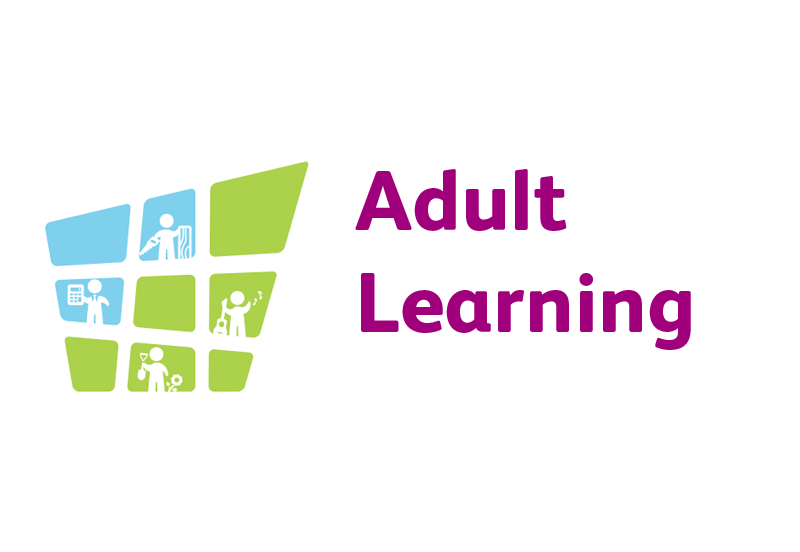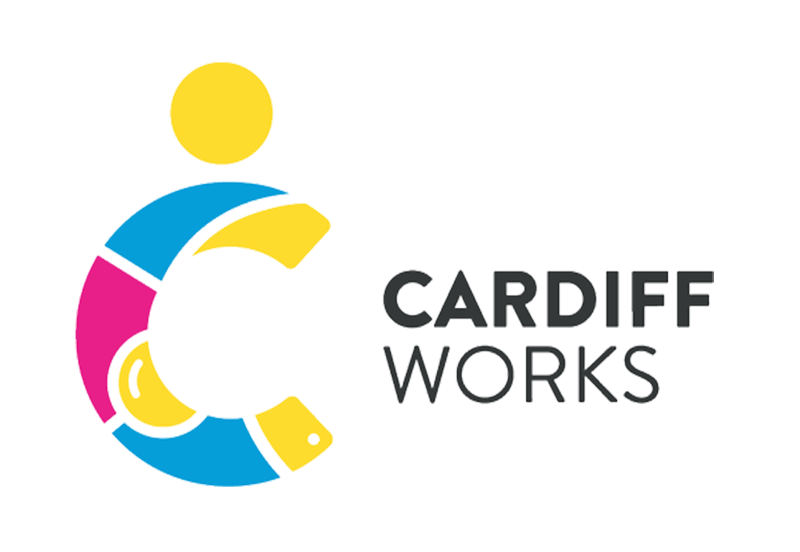Help For Unpaid Carers

Are you caring for a family member or friend? If you are not being paid to do this as a job, you are an “unpaid carer”.
- The Social Services and Well-being (Wales) Act 2014, defines a carer as “someone who provides unpaid care to an adult or disabled child.”
- The cared for person may be a family member or a friend, who due to illness, disability, a mental health problem or an addiction cannot cope without their support.
There is a range of support available to help you.
The Money Advice Team can check that you are claiming everything you are entitled to.
Grants may be available for various reasons including well-being activities for the carer, cost of living and one-off schemes.
- These grants are usually time limited and have limited funds so are usually first come first served.
- Carers Financial Wellbeing Service | TuVida have details of current help and how to apply.
Carers Assessments ask, “what matters to you?” and provides information, advice and assistance that might support you in your caring role.
For further information and how to arrange one via our website.
For someone over 18 caring for someone over 18:
- First Point of Contact Team
- Email: ContactILS@cardiff.gov.uk
- Tel: 02920 234 234
For someone over 18 caring for someone under 18:
- Cardiff Family Advice and Support
- Email: ContactFAS@cardiff.gov.uk
- Tel: 03000 133 133
For a young carer under 18:
- Cardiff Family Advice and Support – Young Carers Co-ordinator
- Email: ContactFAS@cardiff.gov.uk
- Tel: Direct contact for Young Carers Co-ordinator – 02920 872046 / 07772439767 or general queries FAS: 03000 133 133
Cardiff Council offer a range of training sessions and courses for unpaid carers. Further details can be found on the Age Friendly Cardiff website
If you work as well as providing care, you may not be aware of your rights in law. See Your rights in work | Carers UK for more information.
The emotional and physical toll of caring for someone can take its toll. There is support available, including:
Cardiff Council Wellbeing Team
- One to one mentoring to help you manage your own wellbeing
- Activities based on your personal interests and needs
- Opportunities to make new friends and connections
- Learn about what is available in your own community
- Events and training
- Volunteering in the community
Contact the team by email Wellbeingteam@cardiff.gov.uk or call 029 2087 1071 Option 3 (please leave a message and they will call you back)
Mental Health Helplines
There are a range of support organisations listed on NHS Wales website
When the person you are caring for needs to leave their home, there are many things to consider.
Financial
You will need to think about how the change will affect your financial situation.
- Paying for the accommodation- Independent Living Services complete Financial Assessments for those needing care, or going into residential care.
- Advise DWP, Pension Service, banks, GPs of the change.
- Partners left at the main home will need to make new claims for benefits as a single person.
Decision Making
If the person you care for is no longer able to manage their affairs, you will need to take legal steps to do so for them. Age UK have further details, including the following:
- Power of Attorney
- Advanced Care Plans
- Living Wills
Housing and Council Tax
Check mortgages and tenancies to see who is liable as there may be changes to be made.
- Advise Council Tax– you may be entitled to discounts on your bill.
Financial Support
There is a range of support available including:
- Carers Allowance is payable for up to 8 weeks after the person being cared for dies. Universal Credit Carer Element can be paid for the reminder of the assessment period when the person died for two further assessment periods
- Bereavement Support Payments- if the person being cared for was a partner, and you are under State Pension Age
- If the person who died is the main claimant for joint benefits, the bereaved person will need to make their own claims ie UC, HB, CTR
- The Money Advice Team can support the bereaved make new claims
- Must notify relevant agencies of the death so that claims are not overpaid
Bereavement Support
Cruse offer support, advice and training for anyone who has been bereaved. There is support for children and young people available too.
- Help can be online, over the phone, in groups or one to one support.
- cruse.org.uk/get-support/
- 0808 808 1677
If you have spent time caring for someone, when that caring ends you may find yourself unsure of what to do. Support is available from wellbeing to training to looking for employment.
Activities
- cardiffhubs.co.uk have details of activities and groups in your area
- volunteercardiff.co.uk have volunteering opportunities
- If you want to learn new skills or take a course for enjoyment www.adultlearningcardiff.co.uk
- If you are thinking about going back to work our Into Work Service can help with training, CVs and much more





